2nd March 2022
By JingKai Ong and Ian Redpath
Share
Environmental Initiatives in Professional Sport: Is It Time For Behavioural Science?
Professional sport is important, not just for the athletes, clubs, and fans but also because of what it represents in society. At national and local levels, teams and athletes reach billions of people, reflect our values, and influence our beliefs and behaviour. It was no coincidence that restarting the Premier League and getting fans into stadiums was a symbolic priority as the UK came out of the Covid lockdown.
Using its influence and public appeal, sport has historically highlighted causes, from apartheid in South Africa, to more recently, Naomi Osaka speaking out on mental health issues and Venus Williams addressing gender inequality. Now, professional sport is starting to address climate change and understand how the industry can meet its responsibilities and instigate change.
We believe the timing and context is right for behavioural science to provide a new perspective and toolkit for sport to address these challenges.
On September 19, 2021, Tottenham Hotspur Football Club partnered with Sky to host rival club Chelsea in the world’s first net zero carbon elite football game. Supported by COP26 and the Premier League, the game was branded as #GameZero and organised with the goal of minimising direct emissions from matchday activities. This initiative highlighted the work that is currently being done and also showed where behavioural science could add value going forward.
To reduce environmental impact, changes to the stadium infrastructure are the first step many clubs look to take (addressing Scope 1 emissions). The Tottenham Hotspur stadium is already 100% fueled by renewable energy and aims to reduce single-use plastics at the ground. Growth in stadium infrastructure is fast. This year the Seattle Kraken opened Climate Pledge Arena that looks to be the most sustainably progressive stadium in the world, but also provides Amazon, its sponsor, with an opportunity to promote its green credentials through the naming rights.
The second step is reviewing the team and staff operations, again looking to change elements that clubs have direct control over. For #GameZero the teams used buses fueled by green energy to travel to and from the game, while the players replaced plastic water bottles with renewable cartons.
A big challenge for clubs and where we see the biggest opportunity for behavioural science is in promoting sustainable behaviour among fans on gameday and potentially beyond. This falls under Scope 3 emissions. For the #Gamezero initiative digital screens in the stadium at the point-of-purchase reminded fans to make sustainable choices. The use of point-of-sale displays, discounts, pricing and messaging (i.e., the choice architecture of consumers choice) to support fans to make these choices can be rigorously trialled. This can be viewed from a behavioural science perspective, and previous work can be drawn on. A recent study conducted by the World Resources Institute showed that providing environmental messages on menus can help to support consumer decisions toward more environmentally sustainable choices. Messaging around recycling in and around the grounds also provides an opportunity to ‘nudge’ fans to separate and recycle their waste.
Carbon emissions generated by home and away fans travelling to the game is another challenge that is ripe for behavioural science. For the #GameZero initiative fans were encouraged to use sustainable, public, or electric transport to get to the game. The club also reserved parking spaces for bikes and allowed helmets and bike seats into the ground.
There are opportunities to further build on this work using behavioural science. Learnings from past experiences in encouraging the uptake of sustainable transport modes in other sectors could be applied to shift travel behaviours of fans. For example, in a pilot programme aimed at reducing train crowding during peak hours, researchers found that personalised incentives are effective in changing commuting behaviours.
Initiatives such as #GameZero are a great setting for the evaluation of behavioural interventions. These events usually attract huge crowds, thus providing researchers with access to large sample sizes and the opportunities to trial different variants of interventions in order to identify the ones that are most effective.
We at The Behaviouralist specialise in applying behavioural change theories to design campaigns to change behaviour and run field trials to evaluate the impact of our work.
We have worked on projects in different sectors that could provide inspiration and insights for environmental challenges professional sport is facing, from reducing airline fuel consumption, and understanding how to incentivise and shift travel choices, to increasing employee satisfaction and productivity.
We are keen to speak with sport clubs, rights holders or sponsors who are looking to make a real and evidence-based impact on environmental issues. Get in touch to collaborate or follow us on LinkedIn and Twitter to receive updates on our work!

